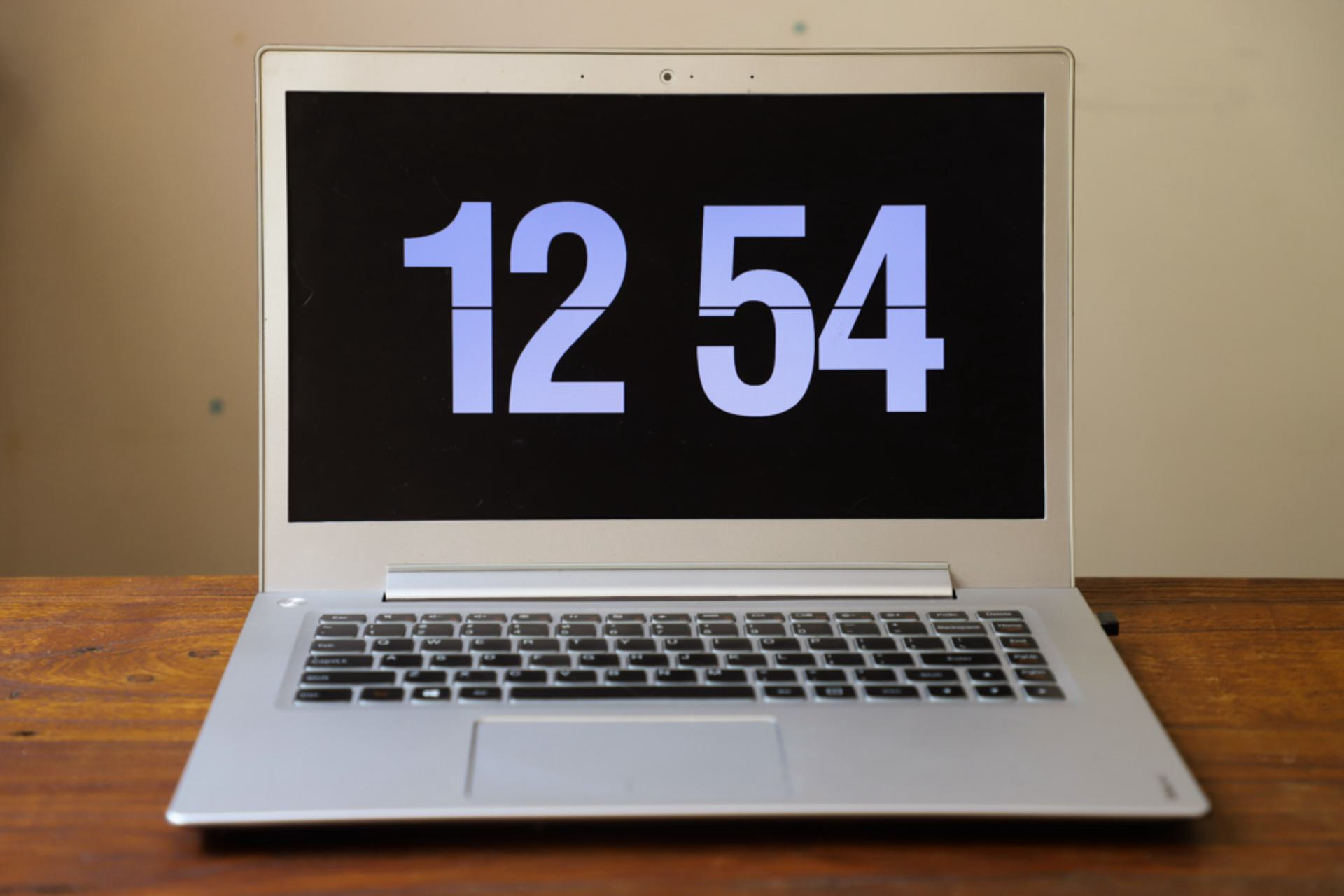Applying to medical school is a significant step towards fulfilling your dream of becoming a healthcare professional. Planning ahead, commitment, and close attention to details are all necessary. However, a lot of prospective medical students make basic errors that can hurt their chances of getting accepted. We’ll go through several critical blunders to stay away from in this article while submitting a medical school application. You may improve your application, raise your chances of acceptance, and open the door to a prosperous medical career by being aware of these traps and putting effective techniques into practice.
Insufficient Research
Lack of analysis of medical schools is among the top errors that prospective medical students make. Every institution has its own distinct standards, qualifications, and selection criteria. It can be time-and effort consuming to ignore these details. Spend a lot of time learning about entrance requirements for various medical schools in order to avoid making this error. Pay close attention to elements like GPA specifications, prerequisite classes, admissions, examinations, and any other prerequisites. Your chances of success will increase if you can modify your application to meet the demands of each institute as a result of your research.
Poor Personal Statement
A critical component of your application to medical school is your personal statement. It gives them an insight into your character, goals, and aspirations as a potential healthcare provider. A common error among application is to submit bland, uninteresting personal statements that don’t stand out. Spend some time considering your past experiences, principles, and motivates for seeking a profession in medicine in order to avoid making this mistake. Make an engaging and distinctive personal statement that demonstrates your enthusiasm, commitment, and suitability for the field. To improve your message and increase its effect, as mentors, advisors, or experts for their opinions.
Lack of Clinical Experience
The clinical experience of applicants is valued by medical schools. The significance of having hands-on experience in healthcare settings is often overlooked by students. Those who do not participate in clinical activities, such as volunteering or working with healthcare experts, miss out on insightful knowledge and a chance to show their dedication to industry. Early in your college career, actively seek out clinical experiences. Record your participation and the lessons acquires. This will help your application and give you vital knowledge and skills for future career in medicine.
Inadequate Letters of Recommendation
Recommendation letters are very important in the application process for medical school. Many applicants make the errors of selecting recommenders exclusively on the basis of their positions or academic accomplishments. Instead, put your attention on choosing people who are familiar with you, who attest to your character, and can offer insightful opinions about your prospects as a medical student. Develop connections with professors, medical specialists, or mentors who can write persuasive letters on your behalf. To guarantee that their suggestions are in line with your desires, make sure they have a clear understanding of your objectives and accomplishments.
Rushing through the Application
The process of applying to medical school is difficult and time-consuming. Rushing through the application process can result in oversights, mistakes, and an insufficient portrayal of your skills. Start that application process early, and make a clear timeline, to prevent making this error. Take your time to gather all the necessary paperwork, thoroughly complete the application forms, and proofread your submissions several times. Before submitting your application, make sure it is polished and free of errors by asking reliable advisers for their input. Admissions committees will have favorable image of you if your application is thoroughly prepared and assessed.
Neglecting Interview Preparation
The interview is a crucial part of medical school admissions process in addition to your application materials. Many candidates make the error of expecting that their academic accomplishments alone will ensure success and neglecting interview preparation. An unprepared interview, however, can rapidly invalidate great application. To avoid making this error, become familiar with typical interview styles, practice responding to likely interview questions, and build succinct yet through responses. To hone your interviewing techniques and boost your confidence, practice with mentors, councilors, or friends. Study the schools interview guidelines and guiding principles as well to ensure that your solutions meet their requirements. Your likelihood of being accepted can be greatly increased by a well-prepared interview performance.
Failure to Demonstrate Non-Academic Skills
Medical students look for students who are well-rounded and have a variety of non-academic performance and grades while omitting to highlight their extracurricular activity, leadership opportunities, and community service. Participate actively in events that showcase your communication, teamwork, leadership, and empathy skills to avoid making this mistake. Your involvement in extracurricular activities, community service, or student organizations will enhance your application and demonstrate your capacity to juggle both academic and extracurricular responsibilities.
Ignoring the Importance of Networking
In the medical industry, networking is crucial, therefore don’t overlook it while submitting your application. The importance of networking with medical experts, current medical students, and alumni is often overlooked by applicants. You can learn useful information about various medical schools, discover potential research opportunities, and even obtain excellent letters of recommendation by networking. Utilize online resources, career fairs, conferences, and networking events to meet people working in the medical industry. You can strengthen you’re your application for medical school by developing a strong network that can offer you advice, support, and opportunities.
Although applying to medical school is difficult, your chances of acceptance can be considerably improved by avoiding these frequent mistakes. Make sure you’ve done your homework on the medical schools you want to attend, write a compelling personal statement, obtain clinical experience, secure strong letters of recommendation, rigorously prepare your application, and spend time practicing for the interview. Showcase your extracurricular talents and engage in active networking within medical industry. You will position yourself as a competitive applicant and lay the groundwork for a fruitful medical career by avoiding these mistakes and employing successful techniques. On your journey to becoming a medical professional, keep in mind that attention to detail, persistence, and endurance are essential.




